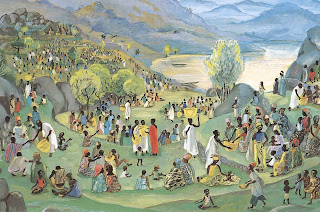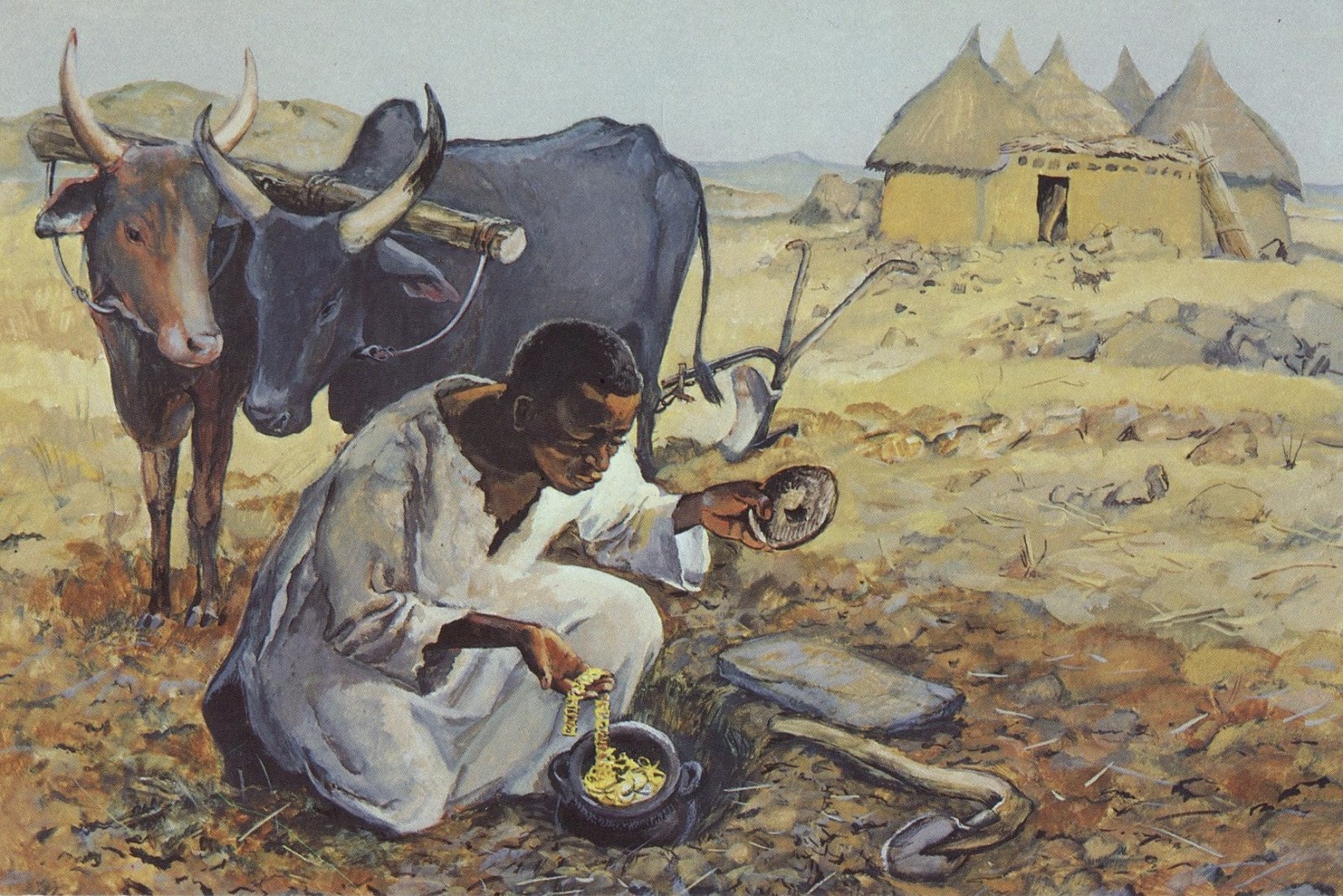We know Sunday's lection. It is the story of the mother who came to Jesus. Her daughter was sick. (The girl was probably twelve years old.) She begged Jesus for help. She was initially ignored. She was a Canaanite, a member of the peoples displaced and dispossessed by the Israelites, and Jesus treated her like a dog. Yet she persevered. And she persisted. And because she persevered, because she persisted, she changed Jesus’s mind. She got what she came for: her child was healed. Do not forget this. Ever. She was the "little bitch" who taught Jesus a lesson.
Like the mother who persisted and persevered, we are the answer to our prayers. We are the families split apart by forced migration. We are the parents whose children are dying from a virus worse than covid-19: hunger. We are the children whose parents are snatched away from us by the evil culture of impunity that pervades our land.
We are today's Canaanites, displaced, dispossessed, treated like dogs, those whose pleas are never, ever, heard. We are also the mothers who will do anything and everything for our children's welfare. We are also the fathers who will storm the gates of hell to get our children food, shelter, and education. We are the children whose outrage will break the silence of heaven. We will make sure that God hears our mourning, our anger, and our collective cries for justice.
We are the answer to our prayers! We are the change that we desperately need. We are the warm bodies who will help birth the future. And we have much to do, you and I, because tomorrow is already here.
Today is the tomorrow we helped birthed yesterday.
*art, "The Daughter of the Canaanite Woman" by Peter Koenig (from the vanderbilt divinity library digital archives)









